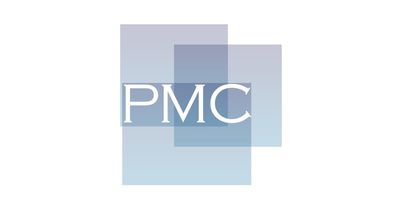Apple Won't Have to Pay $309M After Judge Accuses Patent Troll of Abusing System to Fleece Tech Companies
Apple today scored a victory in an ongoing patent dispute with Personalized Media Communications (PMC), with the judge overseeing the case tossing out the $308.5 million verdict that Personalized Media Communications won in March, reports Bloomberg.

Apple was a victim of PMC's plan to milk the tech industry for high royalties on old ideas, U.S. District Judge Rodney Gilstrap said when delivering the verdict. The judge decided that PMC's patent for digital rights management is unenforceable because the company delayed its application with the U.S. Patent and Trademark Office in an attempt to get more money.
PMC filed hundreds patent applications in the 1980s and 1990s, but no patents were awarded until 2010. The company took advantage of a loophole that allowed for an indefinite application process and then a patent valid for 17 years. This was addressed in 1995, but didn't apply to the patents used against Apple because they were filed earlier.
PMC delayed receiving its patents until after the technology in the patent had already been adopted, letting it make more money from tech companies.
Internal documentation from PMC suggested the company had thought that Apple would be a "natural candidate" to target with delayed patents, along with Intel, IBM, and Microsoft.
PMC won a $308.5 million verdict against Apple in March after a jury said that Apple infringed on DRM patents with its FairPlay technology that is used to distribute encrypted content through iTunes, the App Store, and Apple Music.
Popular Stories
Apple today shared an ad that shows how the upgraded Center Stage front camera on the latest iPhones improves the process of taking a group selfie.
"Watch how the new front facing camera on iPhone 17 Pro takes group selfies that automatically expand and rotate as more people come into frame," says Apple. While the ad is focused on the iPhone 17 Pro and iPhone 17 Pro Max, the regular iPhone...
In select U.S. states, residents can add their driver's license or state ID to the Apple Wallet app on the iPhone and Apple Watch, and then use it to display proof of identity or age at select airports and businesses, and in select apps.
The feature is currently available in 13 U.S. states and Puerto Rico, and it is expected to launch in at least seven more in the future.
To set up the...
It has been a slow start to 2026 for Apple product launches, with only a new AirTag and a special Apple Watch band released so far. We are still waiting for MacBook Pro models with M5 Pro and M5 Max chips, the iPhone 17e, a lower-cost MacBook with an iPhone chip, long-rumored updates to the Apple TV and HomePod mini, and much more.
Apple is expected to release/update the following products...
New MacBook Pro models with the M5 Pro and M5 Max chips could arrive as soon as Monday, March 2, according to Bloomberg's Mark Gurman.
In today's "Power On" newsletter, Gurman said that the release of new MacBook Pro models is tied to the release of macOS Tahoe 26.3. The launch is said to be slated for as early as the week of March 2. He added that the M4 Pro and M4 Max models on sale today...
Apple is planning to launch new MacBook Pro models as soon as early March, but if you can, this is one generation you should skip because there's something much better in the works.
We're waiting on 14-inch and 16-inch MacBook Pro models with M5 Pro and M5 Max chips, with few changes other than the processor upgrade. There won't be any tweaks to the design or the display, but later this...




















